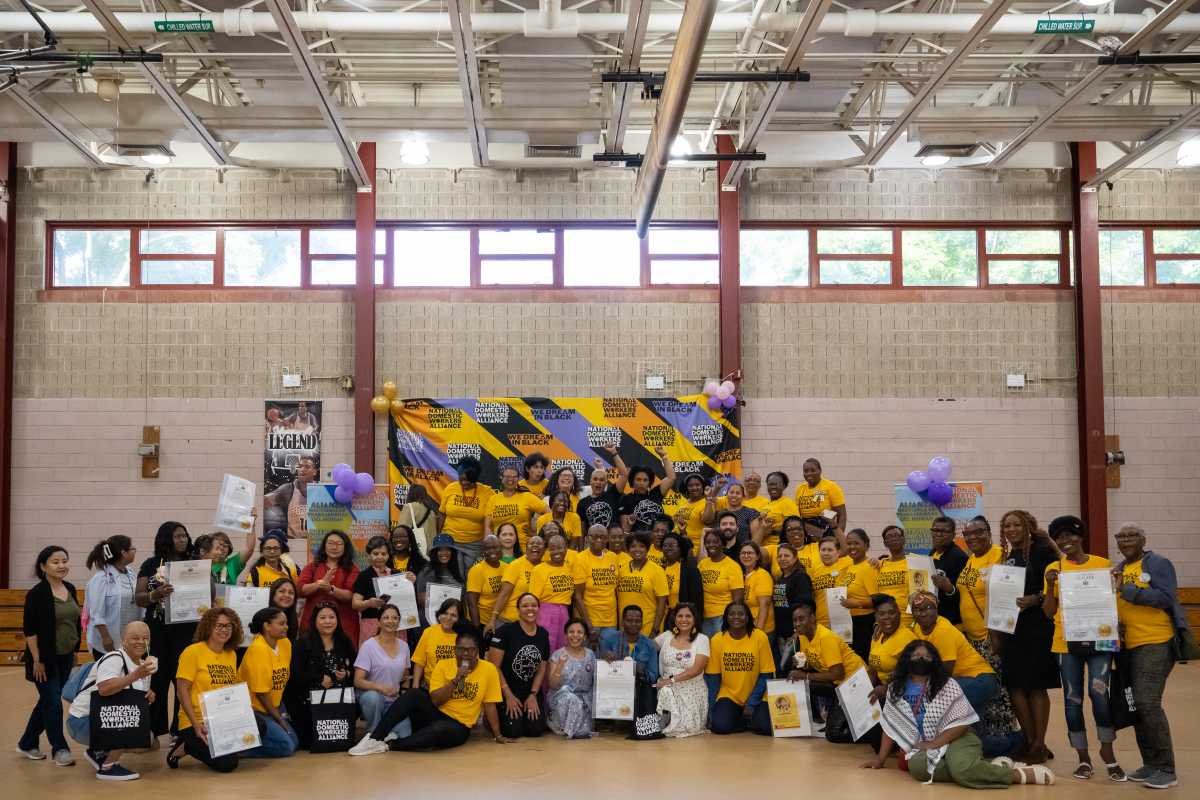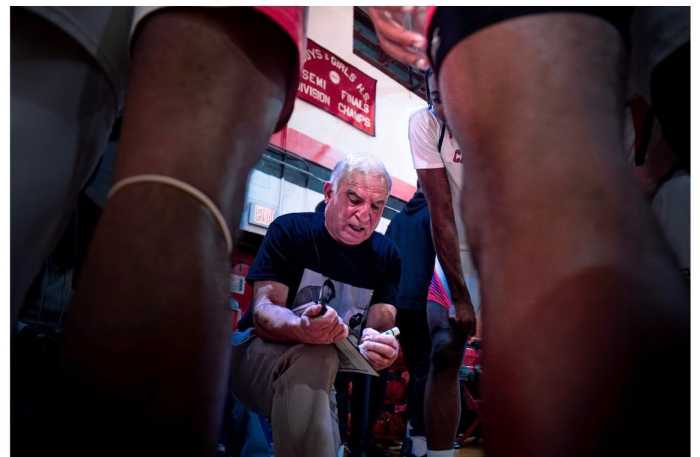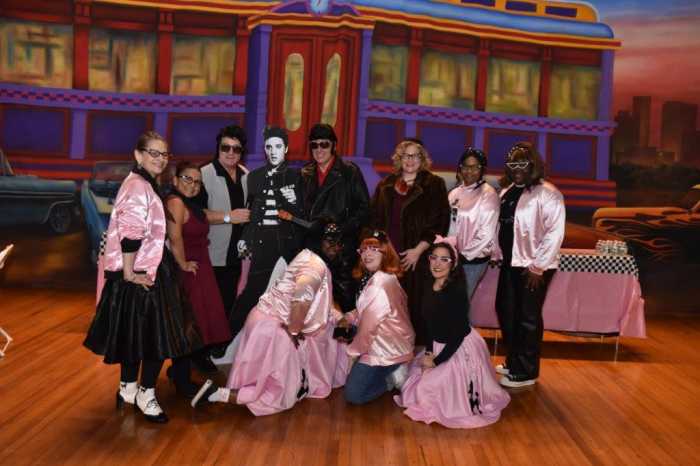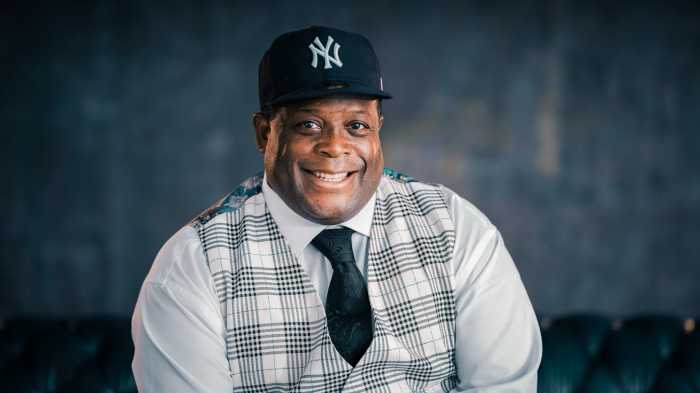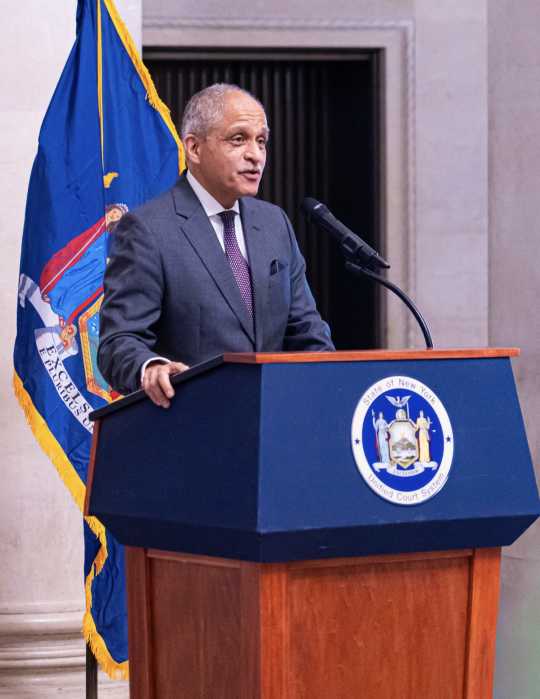International Domestic Workers Day, recognized on June 16, marks the 2011 passage of the International Labor Organization Convention 189 for Decent Work for Domestic Workers, which established international labor law for domestic workers.
NYC Coalition for Domestic Work, the National Domestic Workers Alliance (NDWA) and We Dream in Black celebrated the milestone in the continuing fight for domestic workers’ rights at Elmcor Louis Armstrong Center in Corona on June 16. They also honored the life and legacy of National Domestic Workers Union of America (NDWUA) founder Dorothy Bolden, who would have turned 100 on Oct. 13.
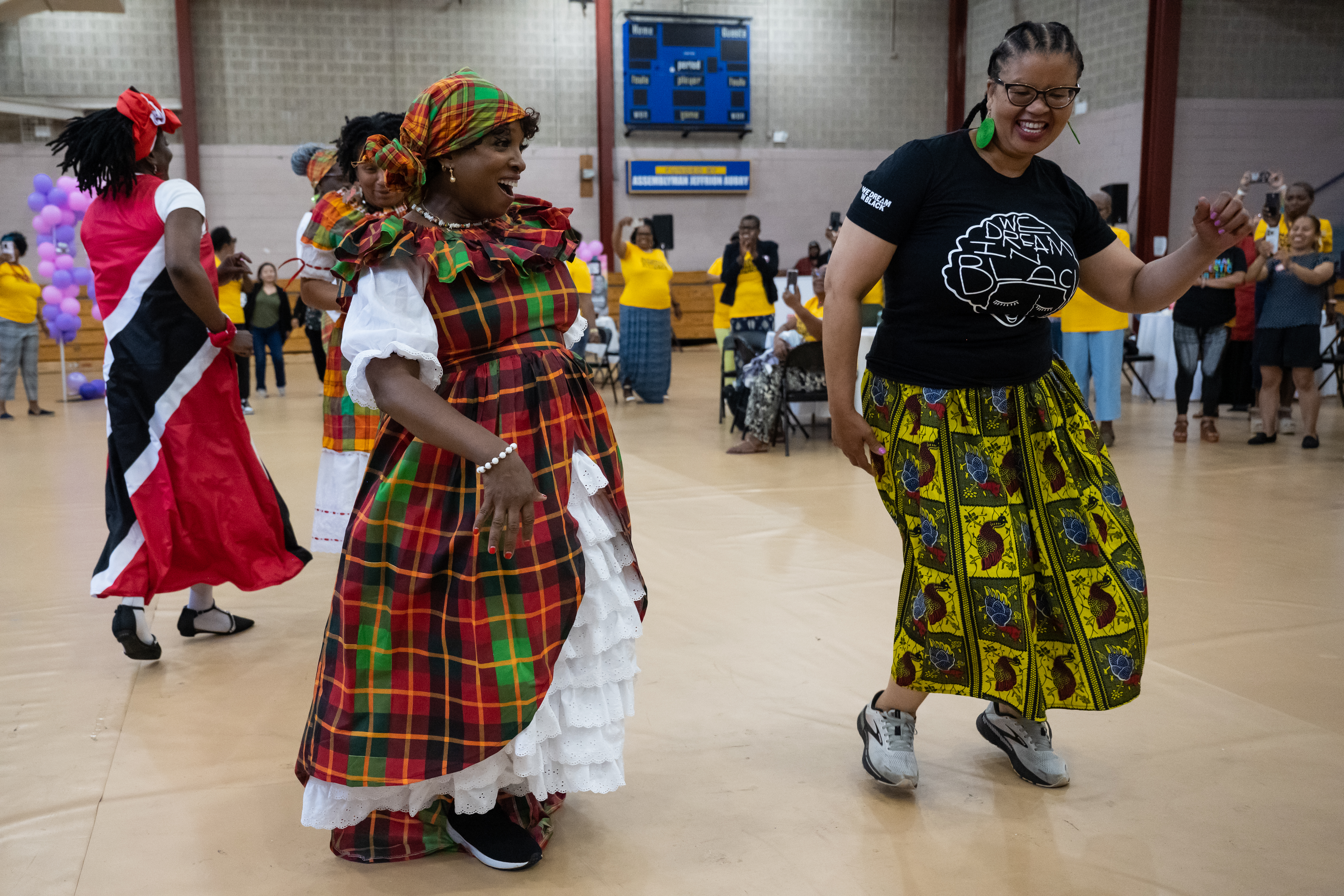
State Senator Jessica Ramos’ Director of Operations, Mashaal Bhatti, presented a proclamation recognizing the New York Chapter of the National Domestic Workers Alliance and Dorothy Bolden on behalf of the senator.
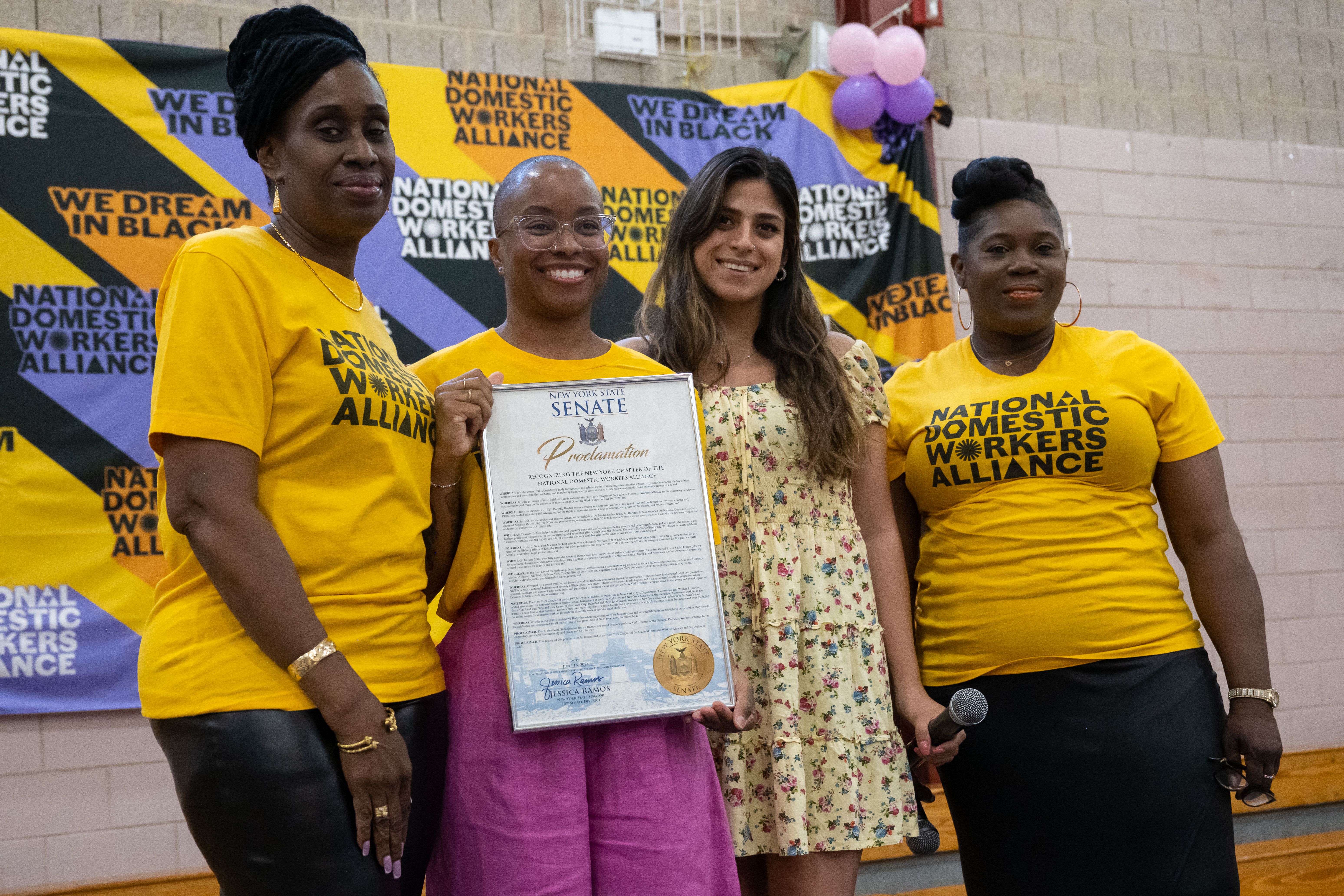
NDWA’s mission is to advocate and legislate for the nearly 2.5 million nannies, housecleaners and home care workers, mostly women of color, immigrants, mothers and low-wage workers.
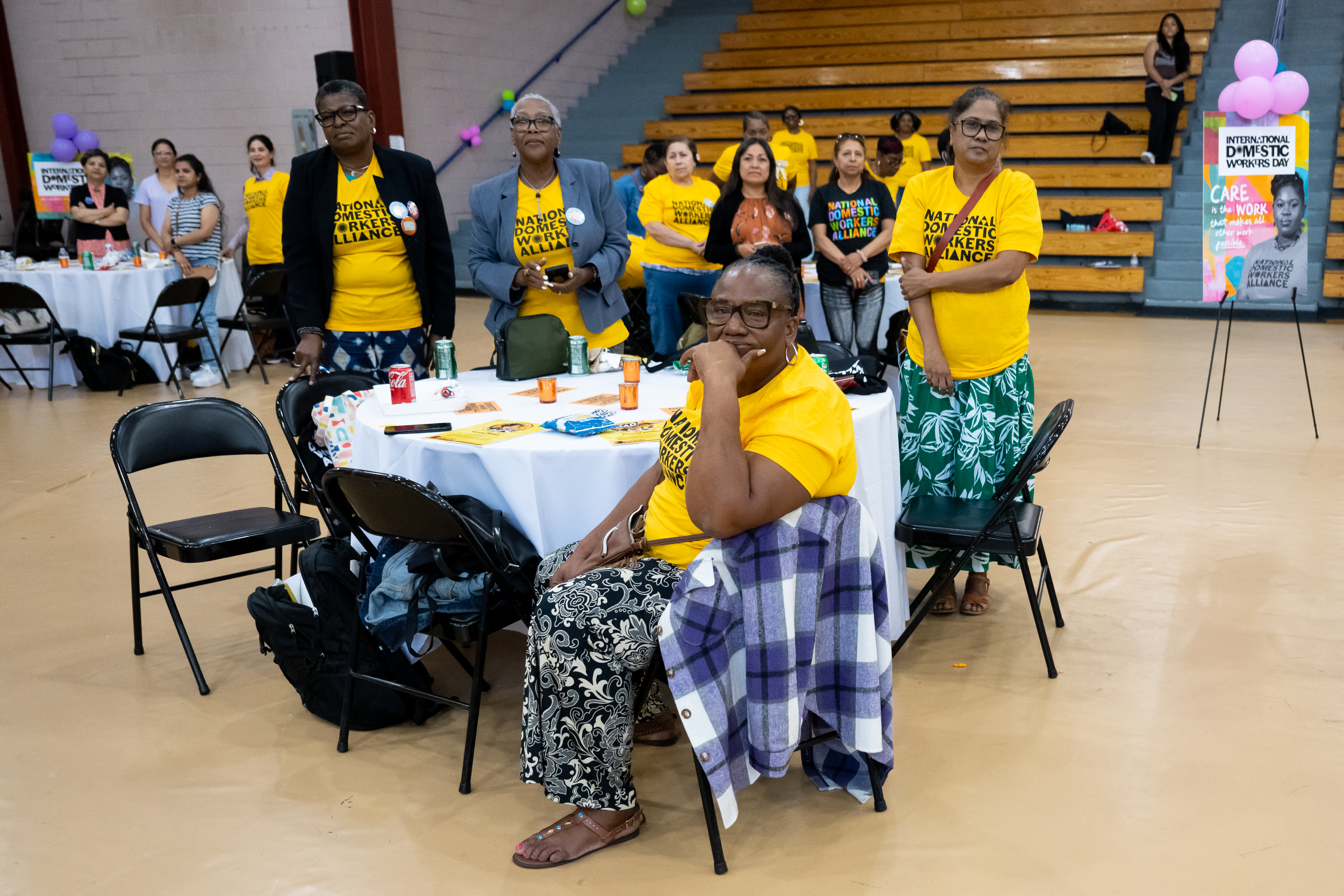
According to a 2021 NDWA survey, only 16% of domestic workers had a written agreement with their employer, over one-third of domestic workers did not get breaks, 81% did not get paid if their employers canceled with less than three days’ notice, 76% received no pay if their employer canceled when they showed up for work, while 23% of domestic workers expressed they did not feel safe at work.
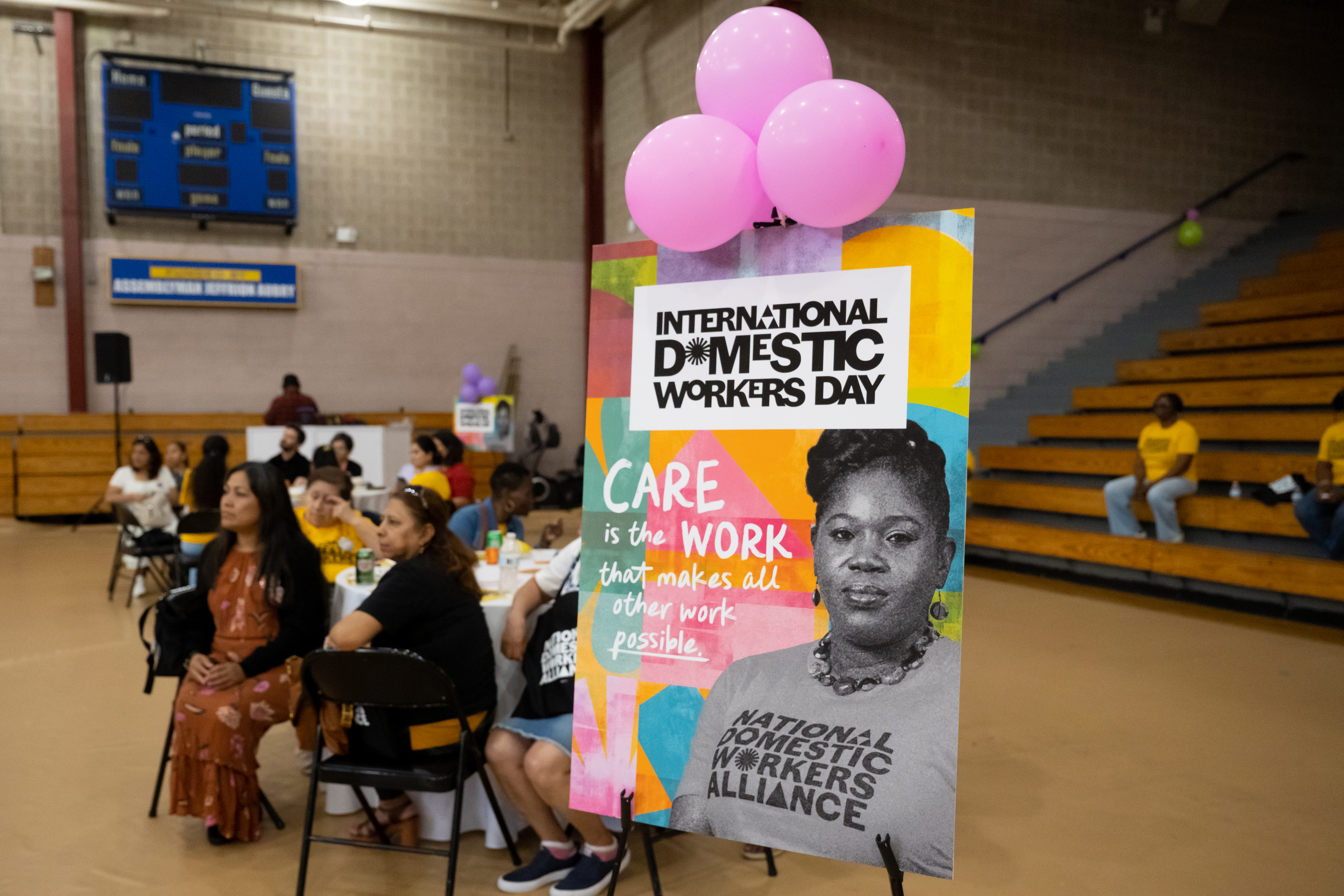
Jenn Stowe, executive director of the National Domestic Workers Alliance, told QNS that New York was the first state to pass the bills of rights, which provided the foundation for passing other bills across the United States. So far, the Domestic Workers’ Bill of Rights has been passed in 11 states, two major cities and the District of Columbia, guaranteeing workers’ wages and overtime protections, paid time off, safe working conditions and protection from discrimination and harassment. In an effort to extend workplace rights to all domestic workers in the United States, Congresswoman Pramila Jayapal (WA-07) joined U.S. Senators Kirsten Gillibrand (D-NY) and Ben Ray Luján (D-NM) to re-introduce the National Domestic Workers Bill of Rights.
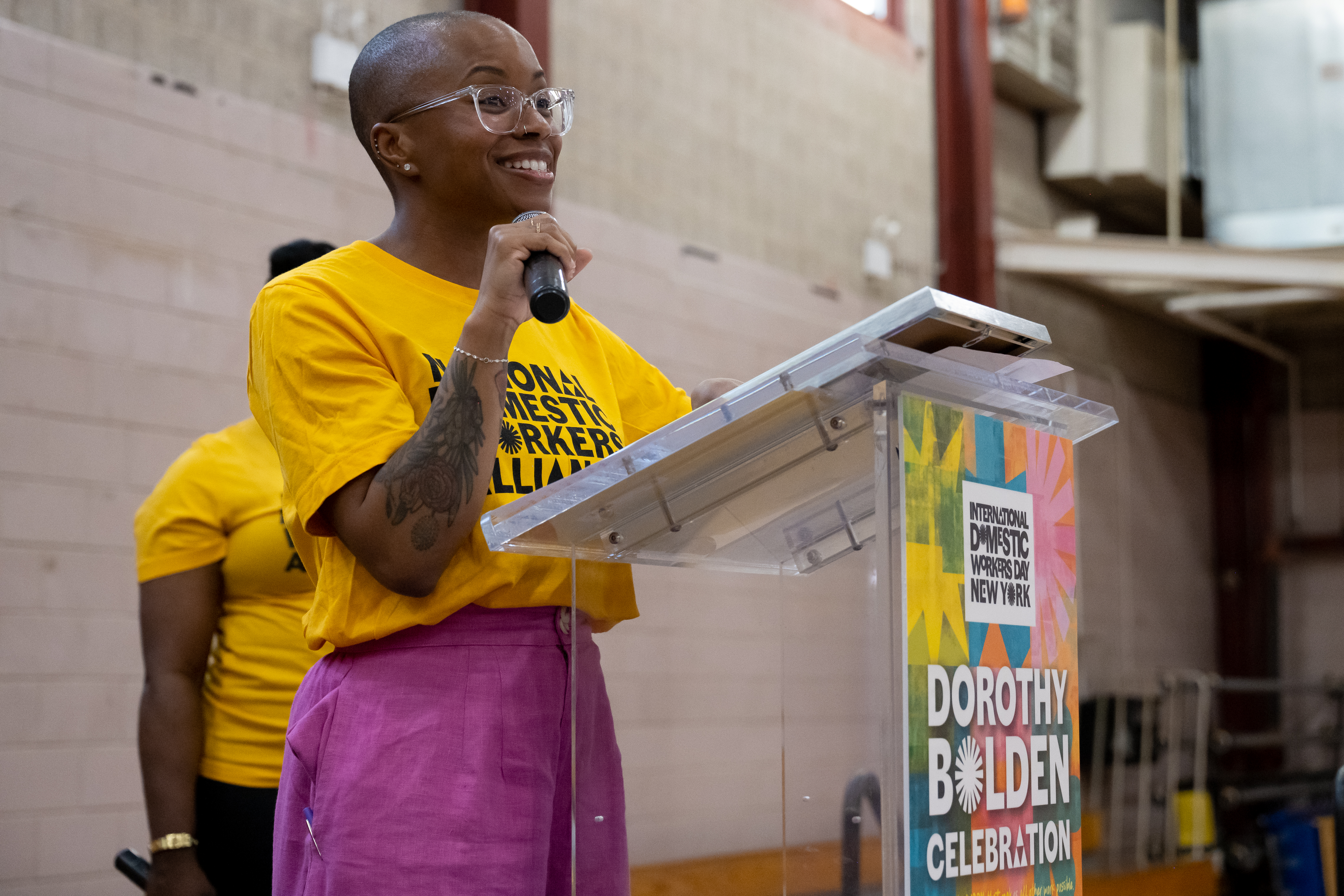
“It’s legislation and a bill that we believe in,” Stowe said. “We know that a lot of these exclusions are rooted in slavery and black women being enslaved and not being included in the New Deal. We know that fighting for our dignity on a national level is something that is our North Star.”
Stowe said it was incredible to see domestic workers become more empowered because of the work of NDWA.
“We see power where others don’t,” Stowe said. “This event, everything we’ve built over the past 20 years, is just a culmination of that. I also think that it’s a model for a modern feminist movement. It feels really incredible to be with these women who are leading in such a powerful way.”
NDWA member Deborah Humes Jordan said it was because of trailblazers like Bolden, who founded NDWUA in the 1960s and fought for better working conditions for domestic workers, that domestic workers had a voice.
“We have the power to stand united, to advocate, to celebrate what she has done and the work that is continually done for the future domestic workers,” Humes Jordan said.
Gaone Segaetsho is a nanny who told QNS that NDWA empowered her to advocate for her rights. After her employer told her she could not take sick days because every home was different and had different rules, she learned about NDWA through a Facebook group for nannies.
“I deserve to be treated well as a worker. I deserve my rights. I deserve to take federal holidays. I deserve to get paid sick days,” Segaetsho said.
Adela Seally is also a professional nanny and joined NDWA in 2015. Seally educates nannies in child nutrition, social and emotional health, workers’ rights and sexual harassment to empower child caretakers.
Seally shared that child caretakers were timid at the beginning of the training, but it was a “joy” to see their transformation after the training.
“After the six or seven weeks of training, they become a whole different person ready to go to negotiate with their employer for a working agreement or contract,” Seally shared. “[They] feel empowered to talk to other nannies in a playground.”
Gail Haywood is a housecleaner and NDWA trainer. Haywood shared that because she did not qualify for a stimulus check during the COVID-19 pandemic, NDWA issued her $500 even though she was not a member then.
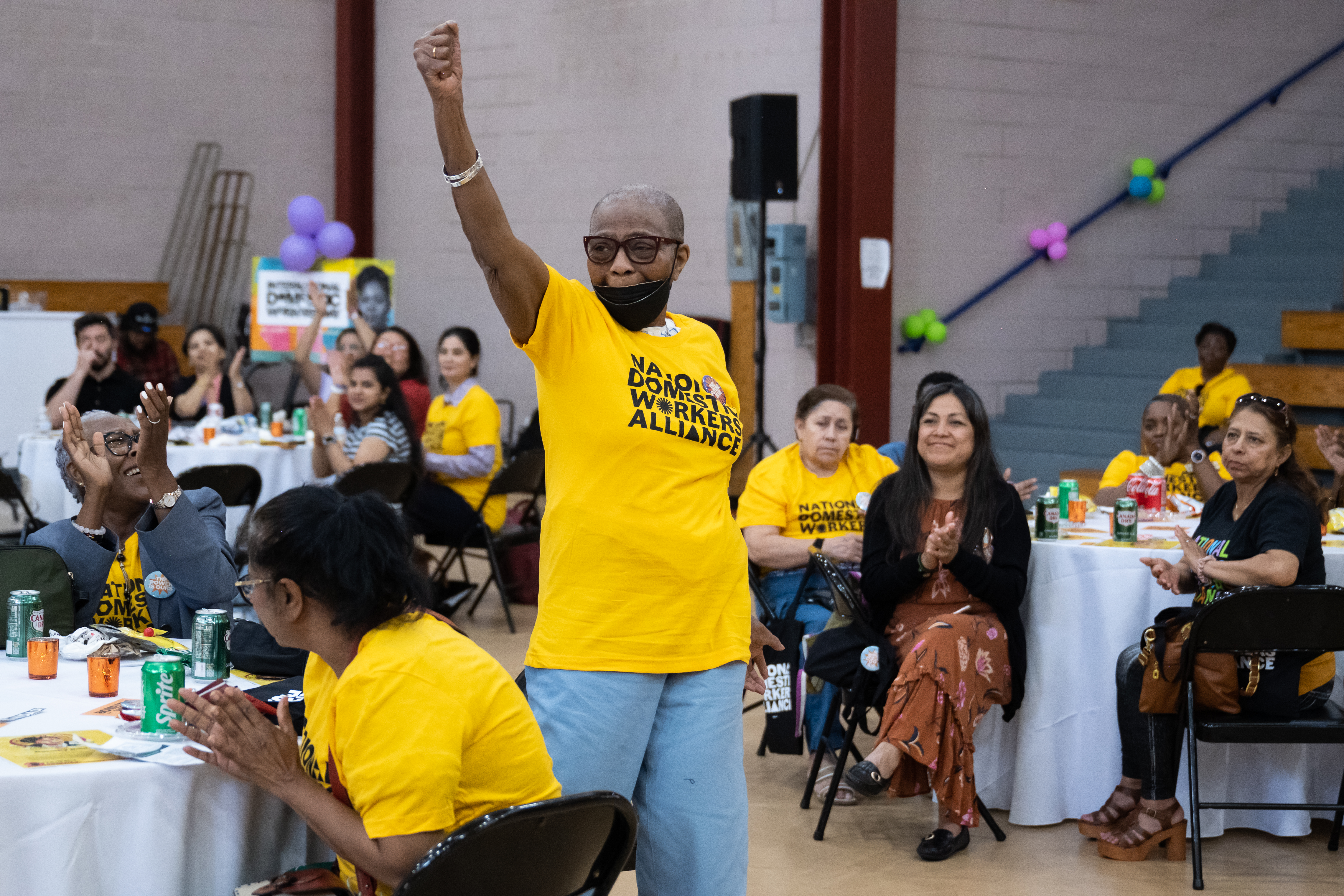
“[NDWA] has empowered me to stand up for the gifts that I have within me,” Haywood praised the organization. “One is to speak and to let my voice be heard. It has taught me how my voice is my power. It has also taught me to stand in my power without fear.”

